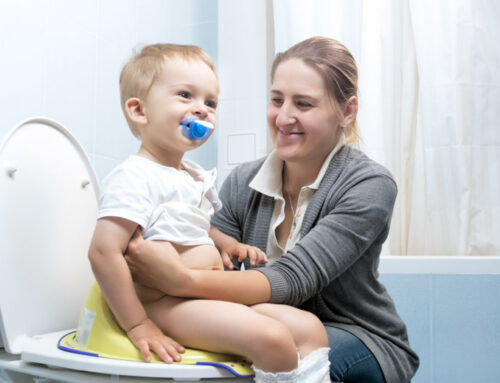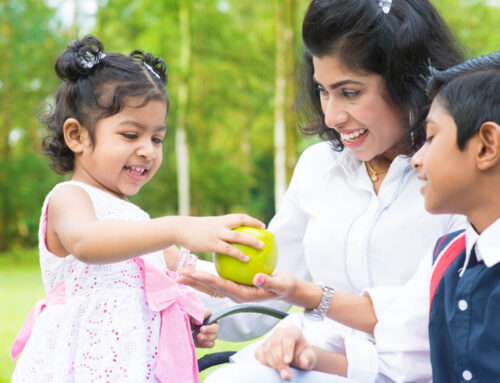Addictions come in various forms and the most likely ones that adolescents fall prey to are smoking, alcohol, and drugs. They can all cause disturbances in the physical and mental states of the user and of the family if the habit assumes large proportions.
Adolescents try out addictions for a variety of reasons:
- For curiosity and experimentation-Just to see what it feels like
- Emulation of the style of peers-This is a strong urge in adolescents and youth. And if this angers the parents then the already rebellious youth finds it even more alluring
- Making growing up easy-Growing up isn’t easy and adolescent children who are stepping into youth are faced with a variety of situations while they make this journey. They have to make decisions, they want to collect experiences, and they need confidence and courage to make this journey. They may have inhibitions that they need to overcome. Or they may feel a lack of confidence. They may feel apprehensive about situations. Unfortunately, addictions like alcohol and drugs promise the numbing of senses and the lowering of inhibitions sometimes accompanied by a feeling of confidence. And this is what some young people find alluring. They take refuge in it. Unfortunately, some are unable to get rid of the habit and it becomes an addiction.
Recognize it exists and talk to your child about it
Addictions exist and we cannot turn our back on this fact. Our adolescent children will be tempted to experiment and that’s a fact too. Parents should never think that their adolescent child is beyond these temptations. Sometimes parents who are against the use of stimulants/depressants succeed in bringing up children who do not even experiment. But these cases are rare (even though the parents would like to believe otherwise!). Just go back to your youth and think about the things that you did (even if occasionally), even though you were told not to by your parents.
There is a lot of media that shows smoking and alcohol consumption-mostly shown in social settings and never with its ill effects. In addition, some parents may be smokers or drinkers themselves (even if they indulge only socially).In these situations, adolescent children are bound to grow up thinking that these addictions are OK (or even cool) to have. It is therefore important to talk openly with the adolescent children about these addictions and their effects.
Tell them to decide –when they are of age
Ask your adolescent children if they or any of their friends have any addictions. Adolescent children at a certain age are very likely to try smoking or drinking. So it’s better for parents to accept that fact. Tell your adolescent children that if they must smoke or drink, they must wait to be of a certain age (say 18) before they try any of these things. Because by that age they will know of the effect that these things can have on their physical and mental health. And then depending on the values you have instilled in them, for them to make the right decision.
Liberal parents may also tell them that they can smoke or drink at home when they feel like. The most significant advantage of this maneuver is that it takes away the “charm of doing it on the sly”. And that in many cases is more than half the fun lost for the adolescent. In addition, the parent can monitor the amount of usage that their adolescent child is doing (without having to do so on the sly).
In most situations, parents are unable to handle the growing up of their adolescent children and the fact that their adolescent child is old enough to want to try “adult” addictions. This concern assumes large proportions and causes them to panic. If parents do not create a larger than life issue of minor addictions, adolescent children also learn to deal with them in a matter of fact manner and don’t give them undue importance. A lot of adolescents may think that “if my parents are so against alcohol, then let me try it and find out why they feel so strongly about it”. And if you are casual about it, they don’t bother too much either.
Maintain an open relationship with your children-empower them
You must always keep open channels of communication with your children so that they don’t feel scared or intimidated to speak to you. Many a time children feel the need to talk to someone who knows better but worry about being judged. When they confide in you or ask you simple questions that they can’t find answers to themselves, be kind and supportive. Don’t judge them. Many problems will get solved on their own with this approach and your child will feel empowered.
When a casual habit becomes an addiction
Addictive and excessive smoking and alcoholism may lead to grave diseases and worse. While you bring up your adolescent children with good values and in line with your family traditions, adolescent children are bound to experiment. You can follow some of the ideas in this article to handle this situation. But in some cases, the situations may get out of hand especially when the use of stimulants/depressants goes beyond the social or experimental stage and becomes a chemical dependence. At this time your support and advice will not be enough and you may want to turn to professional help. (counselors or doctors). This kind of extreme situation is more likely to be caused by alcohol addiction or drug abuse.
Drugs
Just the word sends a chill down the spine of any parent of a young person. Parents are constantly worried that their adolescent children may try drugs and become addicts. Visuals of what happens to drug addicts are so spine chilling that no parent ever wants their adolescent child to even try a drug, lest he becomes addicted to it. Make sure you equip your children with the right kind of information on the subject of drug abuse and its effects from trusted sources. Direct them to correct information sources for them to be able to see the impact of the choices they are making in their life. A balanced child will most likely be discouraged and not try drugs.
While all commonly used drugs may not be equally dangerous, drugs are drugs and are best avoided. However, despite your good upbringing, the right influences and education, and good parenting, some children do fall prey to drug abuse.
Here’s is what you can do :
You must know and understand that –
- Drug addiction is an extreme form of a chemically dependent relationship for the body.
- Addicts will lie, cheat, and even steal to protect their abuse.
- They will make promises that they will constantly break-and you as a codependent family member will constantly go through the cycles of trusting the addict and having your trust broken.
You must be understanding and must provide support –
- Tell your child that you are there for him, no matter what. Assure him of your support at all times. An addict goes through very complicated thoughts and a part of him may want to stop drug abuse but cannot. Your support will give him confidence that there is a stronger person around to help him through his problem.
You must not treat it like a family secret –
- If you try to hide the fact that your child is an addict, it will stop you from looking for professional help. You may need to speak to your family and friends to find the best solution. They may know of a similar situation that someone faced and a solution that worked.
- Your child needs to know that you will look for outside help where needed and will help him. . And this can’t happen if you treat it like a family secret.
Watch out for FAQ’s and a Case Study on this topic in our subsequent posts.
Click here for Case Study on Addictions
Top Questions on Addictions
- How do I know if my adolescent child is taking drugs?
- Is it OK to allow my adolescent child to experiment?
- When does a habit become an addiction?
- What is the best treatment/cure for an addiction?
- My adolescent child has promised not to use drugs/alcohol any more-can I trust her? Do I keep a watch out and how?
- Will sending my adolescent child away to another city (changing her environment and her company) help to get rid of the addiction?








